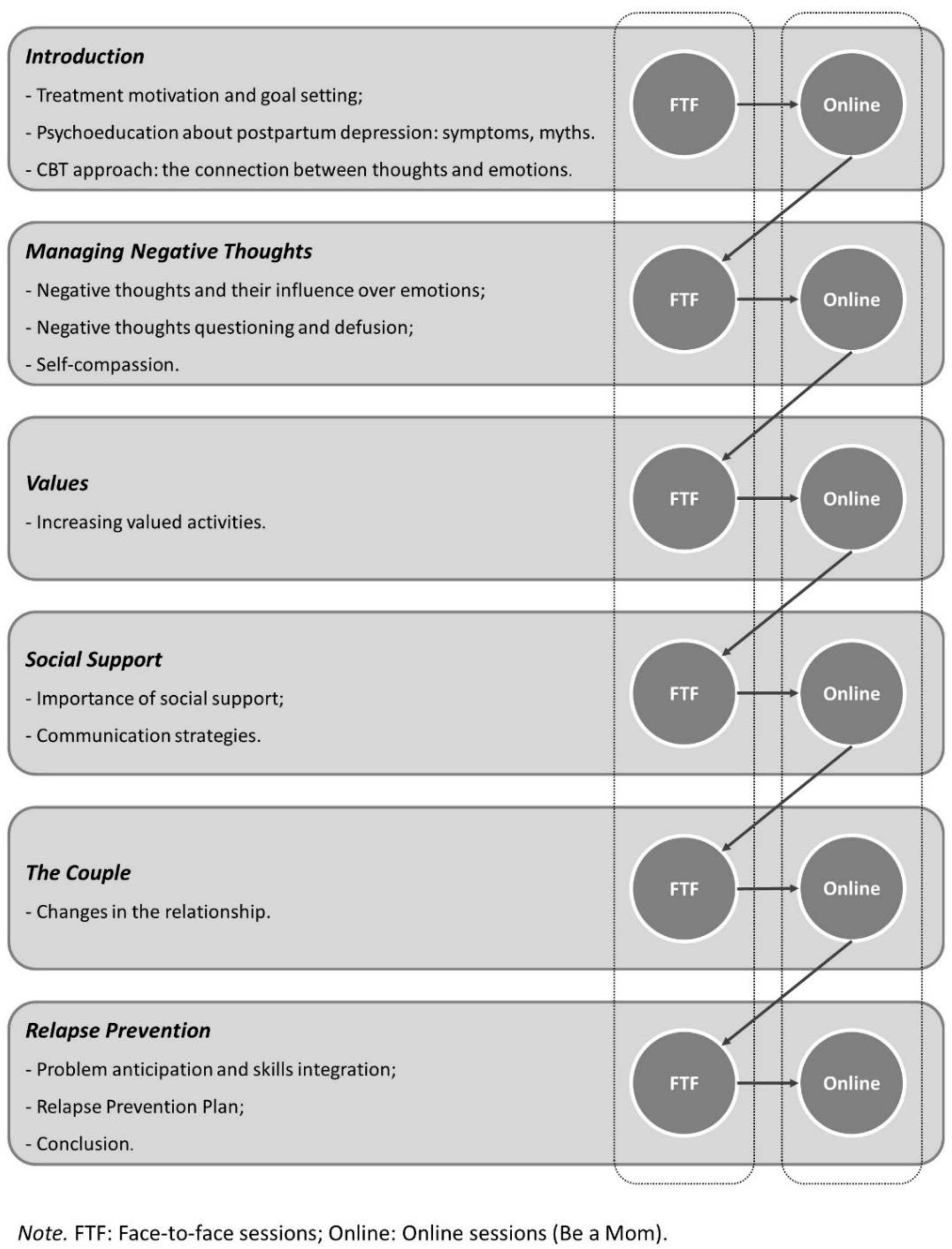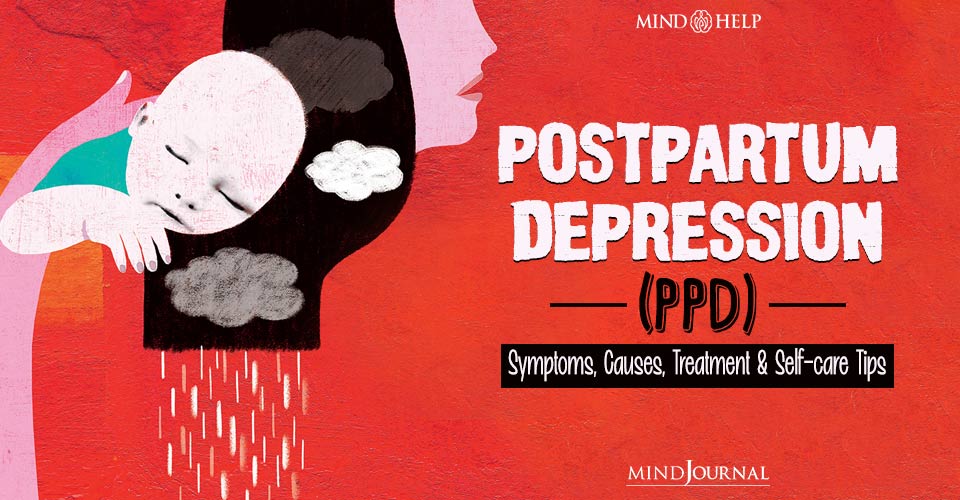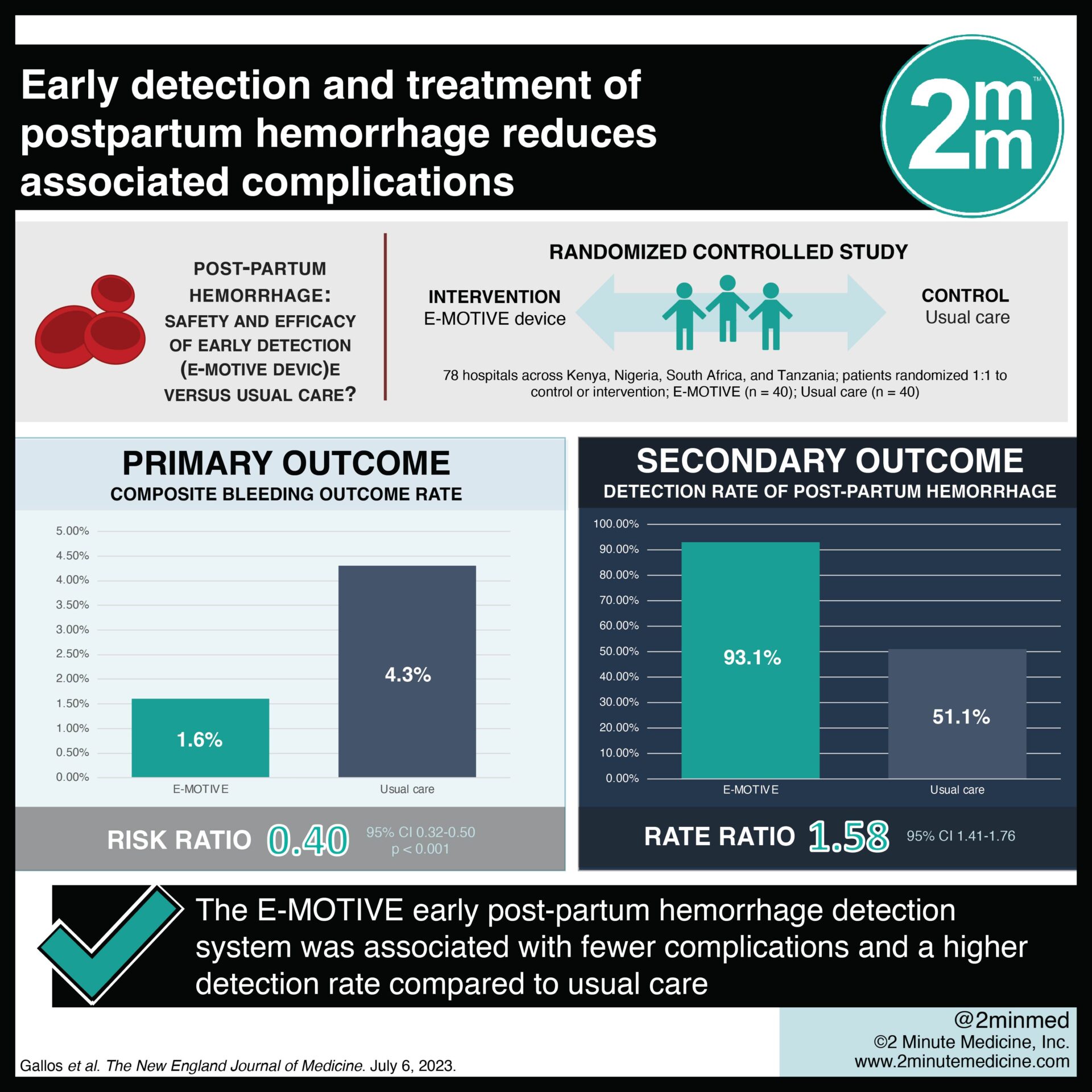All About Beautiful Journey Reproductive Counseling Center
Wiki Article
Beautiful Journey Reproductive Counseling Center for Beginners
Table of ContentsMore About Beautiful Journey Reproductive Counseling CenterSome Ideas on Beautiful Journey Reproductive Counseling Center You Need To Know10 Easy Facts About Beautiful Journey Reproductive Counseling Center ExplainedUnknown Facts About Beautiful Journey Reproductive Counseling CenterThe Greatest Guide To Beautiful Journey Reproductive Counseling CenterGetting The Beautiful Journey Reproductive Counseling Center To Work

Functioning with mental health and wellness professionals is a great means to discover regarding postpartum depression and just how to recuperate. Therapy is an individual and important means to treat postpartum clinical depression.

Things about Beautiful Journey Reproductive Counseling Center
There have actually not been definitive studies released that looked specifically at folate or other B vitamins in the therapy of postpartum anxiety. Consider suggesting to females that are postpartum to continue their prenatal vitamin or take a B-100 complicated with concerning 1 mg (or 1,000 mcg) of folic acid, or folate.Adjustment of vitamin D deficiency might play a significant role in the recovery from postpartum depression. Mothers having a hard time with depression should have their 25-OH vitamin D level checked. Lots of ladies locate that they require at the very least 2,000-3,000 IUs of cholecalciferol, which is vitamin D3 (a kind that is extremely readily soaked up) throughout the winter season.
In the summer season, much less oral vitamin D may be required, depending upon the latitude where the mom lives. reproductive mental health.
Our Beautiful Journey Reproductive Counseling Center Ideas

Anticoagulation may be made use of, and it ought to be kept in mind that there exists no universal standard or recommendation for anticoagulation treatment in septic pelvic thrombosis. Preliminary bolus of 60 units/kg (4000 units optimum) followed by 12 units/kg/h (optimum of 1000 units/h) is recommended. The aPTT is kept an eye on for 2-3 times the regular value.
Postpartum clinical depression (PPD) is a complex mix of physical, psychological, and behavioral adjustments that happen in some ladies after delivering. According to the DSM-5, a manual utilized to detect mental illness, PPD is a kind of major clinical depression that starts within 4 weeks after delivery. The diagnosis of postpartum anxiety is based not just on the size of time in between delivery and beginning yet on the severity of the anxiety.
The term defines a series of physical and emotional adjustments that many brand-new mommies experience. PPD can be treated with medication and therapy. The chemical adjustments entail a quick drop in hormones after distribution. The actual web link in between this decline and depression is still not clear. But what is understood is that the levels of estrogen and progesterone, the female reproductive hormones, increase tenfold during pregnancy.
Facts About Beautiful Journey Reproductive Counseling Center Revealed
PPD can take place after the birth of any type of youngster, not just the initial child. You can have sensations similar to the infant blues-- sadness, anguish, anxiousness, crankiness-- but you feel them a lot more strongly.When your capacity to function is influenced, you need to see a healthcare provider, such as your OB/GYN or main care medical professional. This doctor can evaluate you for clinical depression symptoms and think of a treatment plan. If you do not obtain treatment for PPD, signs can become worse. While PPD is a major problem, it can be treated with drug and counseling.
This health problem can occur promptly, frequently within the very first 3 months after giving birth. Females can shed touch with fact, having auditory hallucinations (hearing things that aren't actually occurring, like a person speaking) and misconceptions (highly believing things that are clearly unreasonable). Visual hallucinations (seeing things that aren't there) are less common.
Women that have postpartum psychosis demand treatment right away and practically constantly need medication. Therapy choices include anti-anxiety or antidepressant drugs, psychiatric therapy, and involvement in a support team for emotional assistance and education and learning.
See This Report on Beautiful Journey Reproductive Counseling Center
Children of moms with postpartum depression are more probable to have issues with resting and eating, sobbing even more than normal, and hold-ups in language development. If you have a history of clinical depression, tell your physician as quickly as you discover you're expecting, or if you're intending to conceive.PPD can take place after the birth of any kind of child, not just the first kid. You can have sensations comparable to the child blues-- despair, misery, anxiousness, crankiness-- yet you feel them much more strongly.
When your capability to function is impacted, you require to see a healthcare service provider, such as your OB/GYN or primary care physician. This physician can screen you for anxiety signs and generate a therapy strategy. If you don't get treatment for PPD, symptoms can become worse. While PPD is a severe problem, it can be treated with medicine and counseling.
This ailment can occur swiftly, typically within the very first 3 months after childbirth. Women can shed touch with truth, having why not try this out auditory hallucinations (hearing things that aren't in fact occurring, like a person talking) and delusions (strongly thinking things that are plainly illogical). Aesthetic hallucinations (seeing things that aren't there) are much less usual.
The 7-Minute Rule for Beautiful Journey Reproductive Counseling Center
Women who have postpartum psychosis requirement therapy right away and virtually constantly require drug. Treatment options include anti-anxiety or antidepressant medicines, psychotherapy, and involvement in an assistance group for emotional support and education and learning.Youngsters of mothers with postpartum anxiety are most likely to have troubles with resting and consuming, crying more than typical, and delays in language advancement (infertility couples counseling). If you have a background of anxiety - https://www.blogtalkradio.com/beaj0urepcc, inform your medical professional as quickly as you learn you're expectant, or if you're planning to become expectant
Report this wiki page